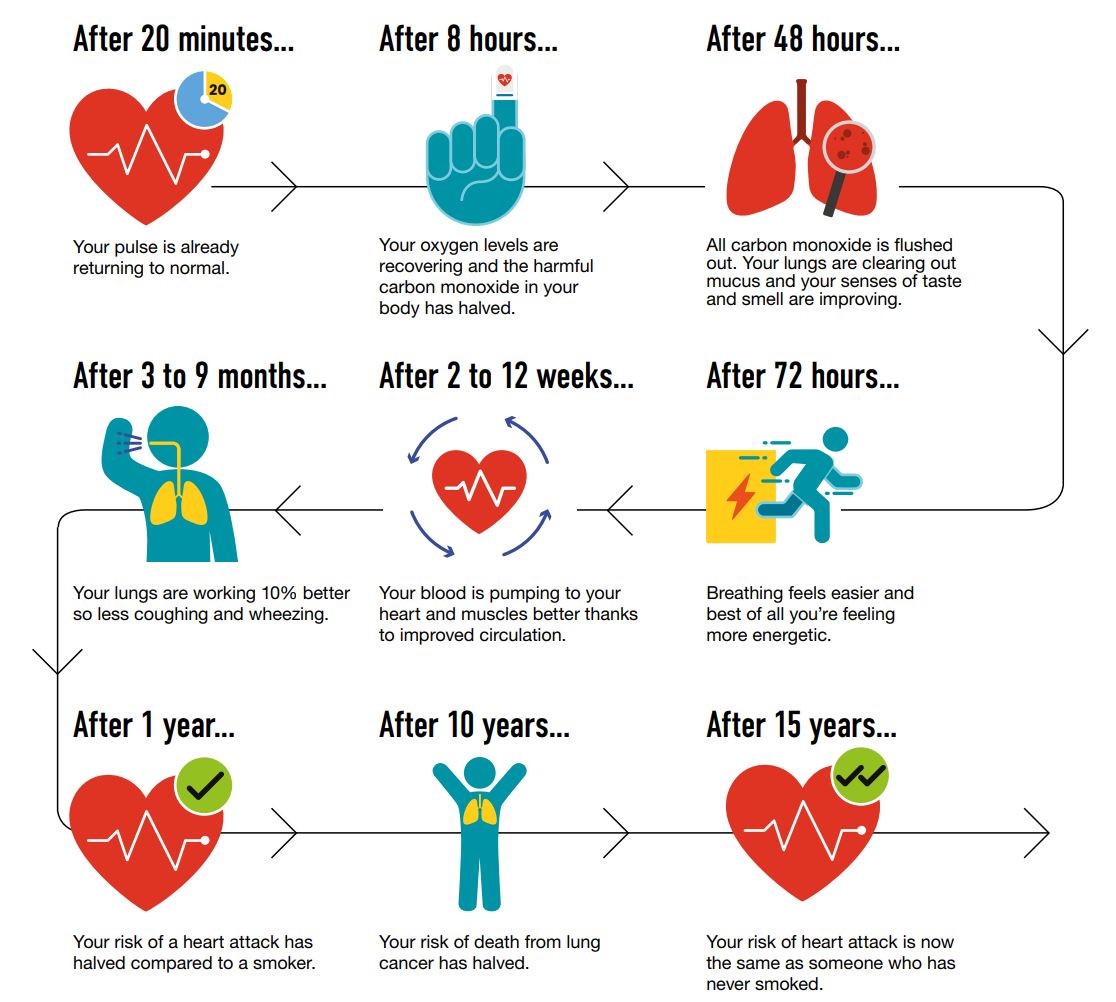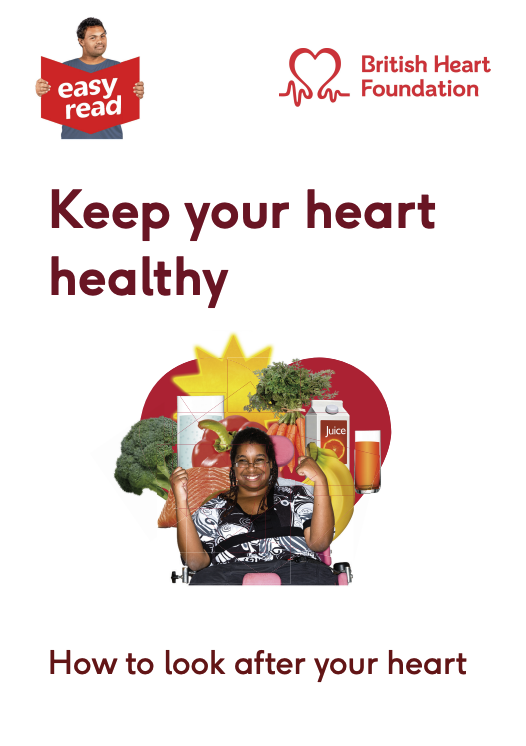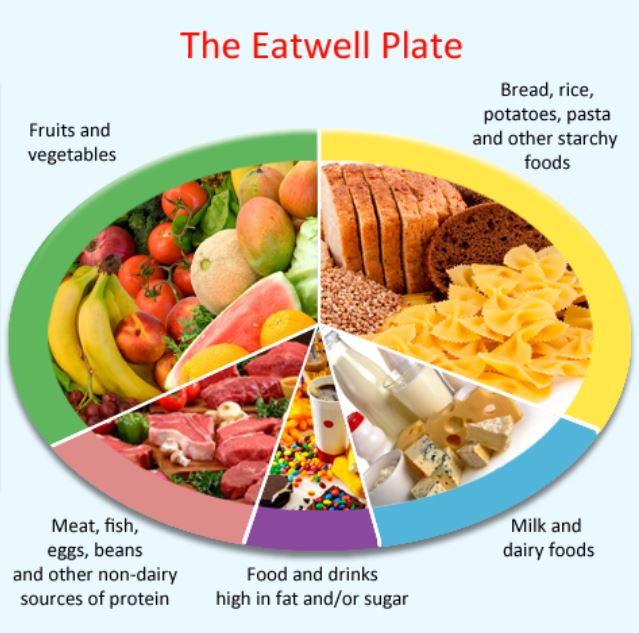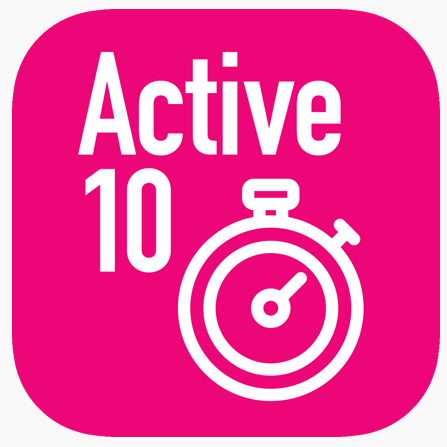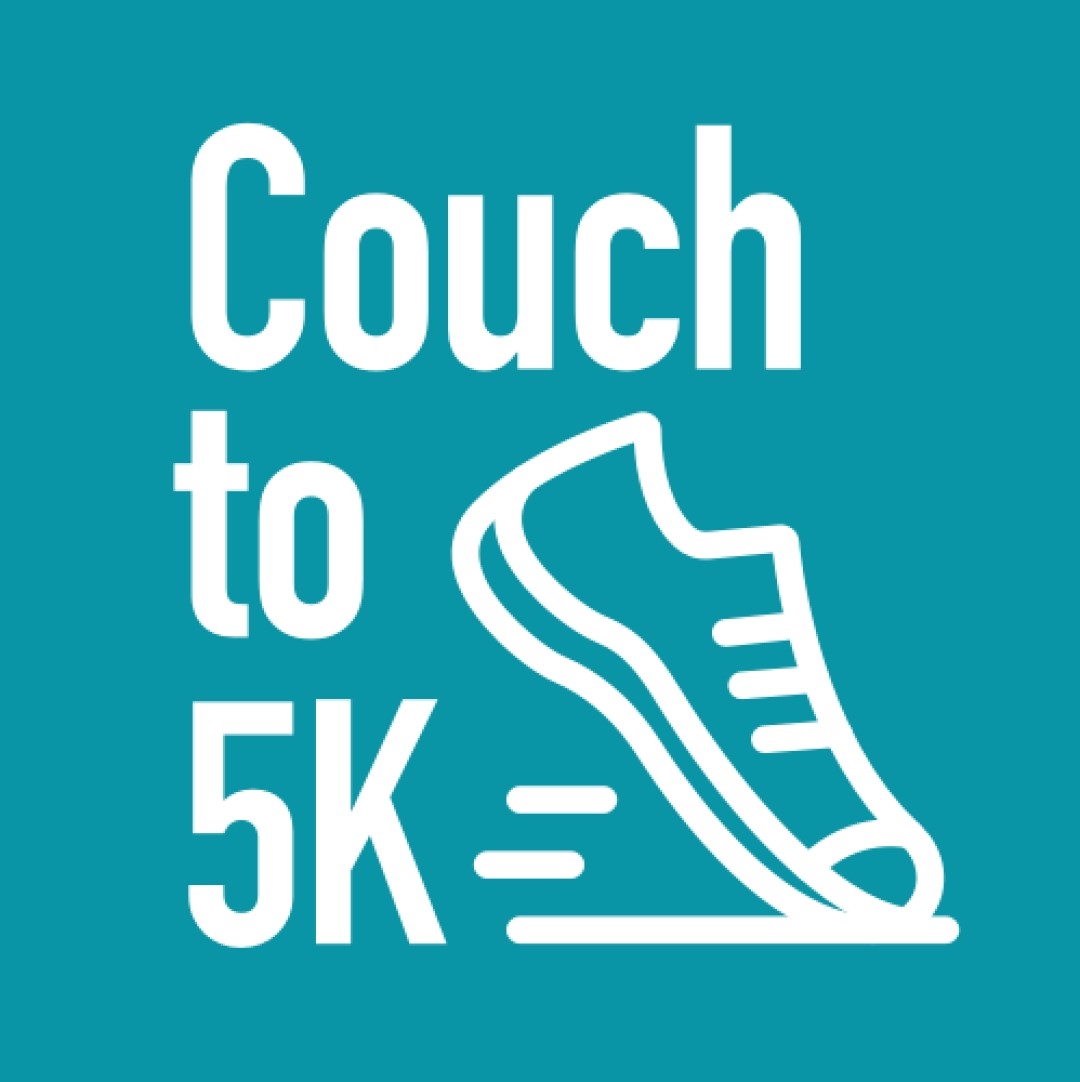Aim for 5 portions of fruits and vegtables each day. They are packed with vitamins and minerals your body needs.
Eating them can:
- Boost your immune system and help you stay well
- Gives us fibre, great for gut health
- Helps us keep a healthy weight
- Boost energy and reduce stress
- Keep your skin and hair healthy
Take a look at some plate ideas below with healthy foods to try!
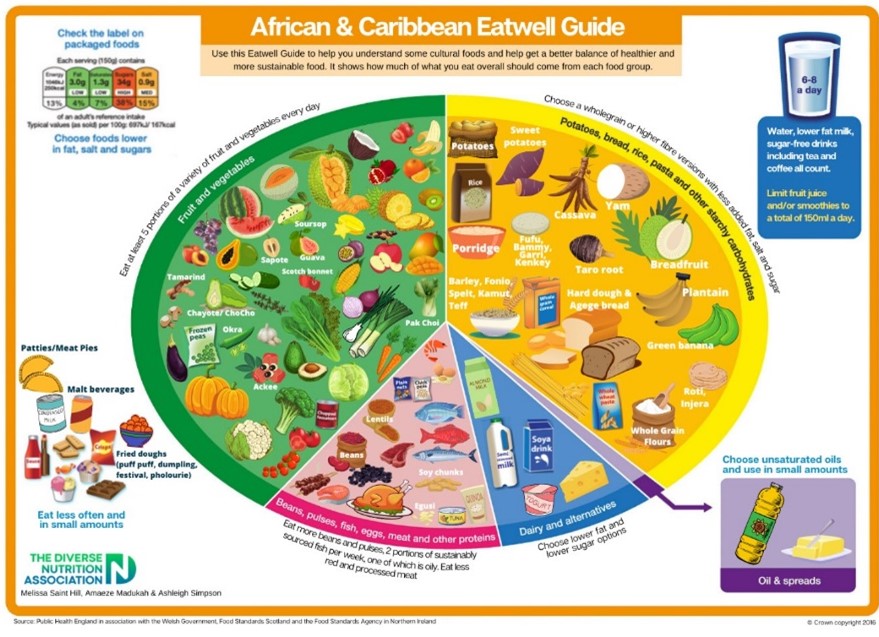
Cutting down on salt can greatly improve your health. It can:
- Lower your blood pressure by reducing water retention.
- Help your kidneys work better.
- Reduce bloating caused by excess water.
Tips to cut down on salt:
- Taste your food before adding salt.
- Choose low-salt or no-added-salt products.
- Eat less fast and processed food, which often contain high salt levels.
- Cook from scratch to control salt use.
Some Foods that are higher in salt, here are some foods that you could try and limit:
- Cheese
- Smoked Meats
- Salted & Dry roasted nuts
- Processed foods
- Gravy granules
- Crisps
- Olives
- Marmite
- Stock cubes
Drinking too much alcohol can lead to health issues, like liver damage and high blood pressure. Limit yourself to no more than 14 units per week
Cutting down on alcohol has many benefits:
- Better sleep, as alcohol can disrupt it
- More energy
- Improved mental health
- A stronger immune system
- Weight management, since alcohol has empty calories (food or drink with no nutritional value)
- Better liver health
- Lower cancer risk
Losing weight can improve both physical and mental well-being. it can:
- Lower blood pressure
- Reduce cholesterol levels
- Lower the risks of heart attacks and strokes
- Stop of reverse diabetes
- Improve sleep
- Enhance movement and reduce joint pain
- Improve mood, body image and motivation
Being active helps keep a healthy weight and lower blood pressure. If you are able to, aim for 30 minutes of exercise 5 times a week. This can include walking, swimming, gardening or even housework! You can break exercise into smaller chunks throughout the day.
Being active is for everyone and doesnt have to be difficult! Being more active means moving our bodies more in a way that supports your health and wellbeing that is safe, enjoyable and suits your level of ability.
Click here to find FREE activities local to you across Birmingham & Solihull.

If you live in Solihull, click here to find free local activities that suit you.
You can find more fitness infomation on the "Live Well" pages at NHS Choices and NHS apps
Quitting smoking can be tough, but it's never too late! you can see positive changes right away!
